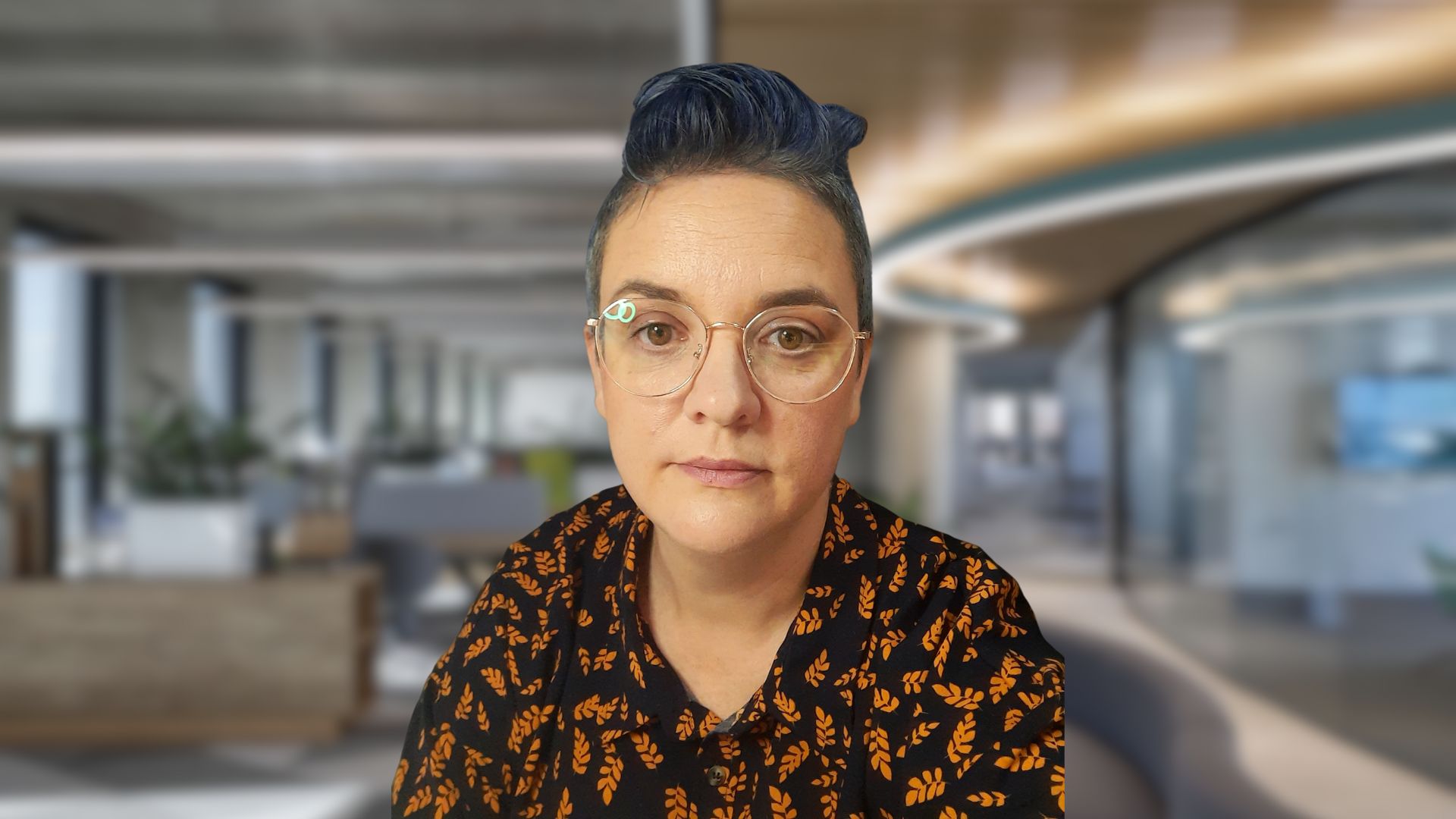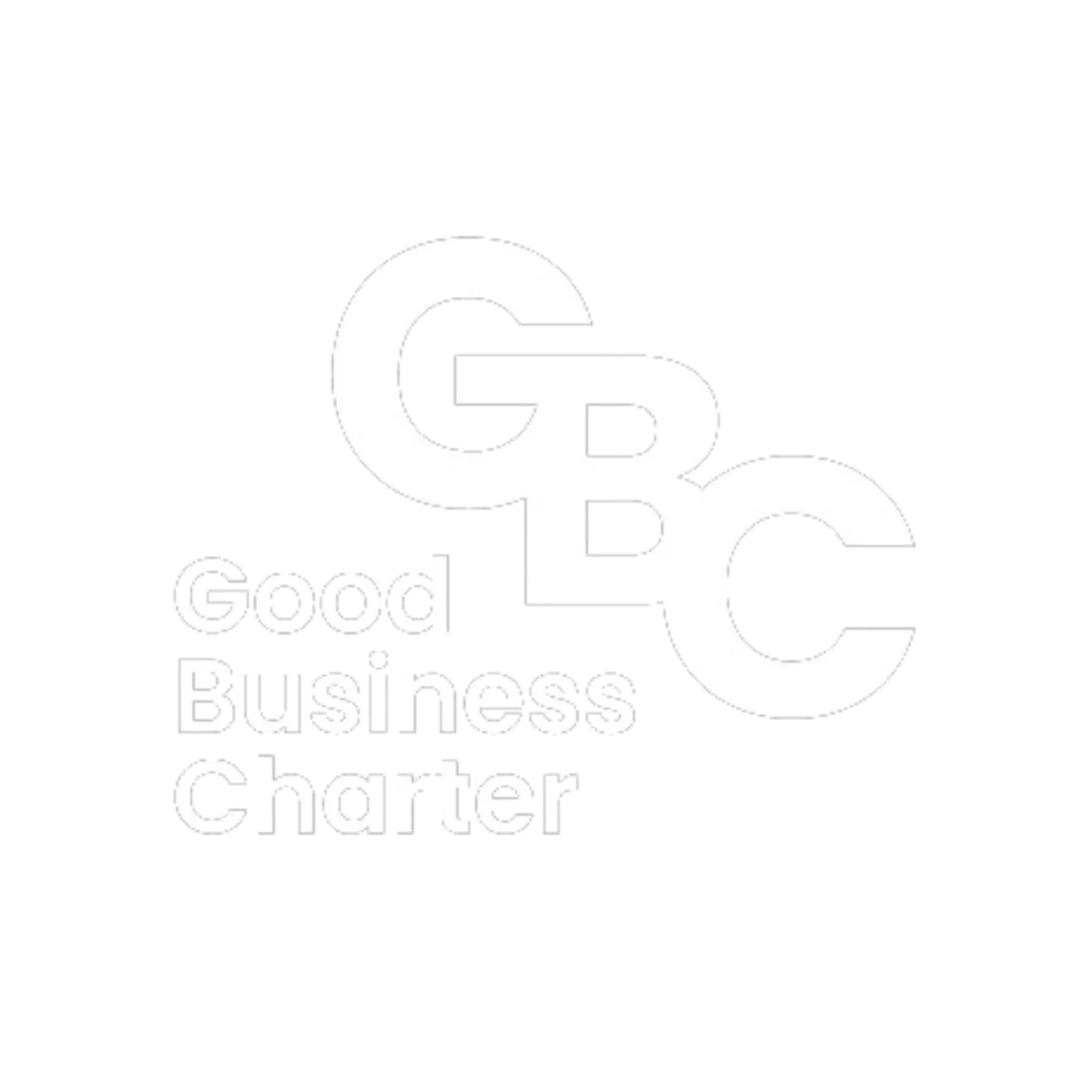Tech Talent Spotlight Series: Jennifer Cox
18 May, 20234Jennifer Cox has over 18 years of experience in tech and in the Cyber Security industry. She...

Jennifer Cox has over 18 years of experience in tech and in the Cyber Security industry. She supports her team who work with techies across all of EMEA in enabling best practices and cyber exposure prevention.
Jennifer is a multi-award-winning advocate for Diversity in Tech. She is the Head of Communications for Cyber Women Ireland, an Ambassador for Wentors global mentorship program, an active member of WITS Ireland (Women in Technology and Science Ireland), WomenTech Community and WiCyS Global (Women in Cyber Security) and works hard to insure diversity and inclusion within her industry by partaking in roles such as Judging at the Coolest Projects event for kids in the RDS, launching a mentoring project in Tenable, speaking at events such as BSides Dublin, WomenTech Global, BBWIC, CWiCS (Cisco Women in Cyber Security), CBF Fest (Coding Black Females Fest) HexCon, UK CyberWeek, WiCyS Global and more.
Jennifer is not your typical STEM candidate, with a background in theatre and media studies, and we were able to get Jennifer's perspective on how and why she got into tech, how she is supporting women in tech and cybersecurity, and why not being afraid to speak out has served her well throughout her career in her quest to breaking down barriers for women in tech.
Tell us a bit about yourself, your background, and your current role
I am a Mum to four boys and have worked in tech for 17 years. My experience was very general prior to joining Tenable in 2016 when I focused solely on Cyber Security. At Tenable I manage three teams globally — one is post-sales, one ius pre-sales and then a team of global architects. It makes for some really interesting conversations and often a steep learning curve. I love it!
I’m involved in a lot of things outside of Tenable too. I began mentoring with Wentors back in 2019 and have continued to mentor through a number of different programs since such as WiCyS (Women in Cyber Security Global), WomenTech and of course Tenable, among others. Mentoring is one of my favourite hobbies outside of work. It’s so rewarding.
Besides mentoring, I am an Ambassador for WiCyS UK’s Affiliate. I love to speak publicly and have done so recently at events like ZeroDayCon Dublin, Wicked6 Global, PlayCyber, UK Cyber Week & Womentech Global
How did you begin your career in tech?
My first tech job happened accidentally. I took an admin role with a tech company logging support cases and over time began answering and resolving some of the issues when people called in.
That led to a role in the support team, which led to a specialist software support role, which led to leadership and eventually, I was the IT Coordinator for the company and its multiple sites. I then wanted to specialise in cybersecurity and moved to Tenable. I haven’t looked back since. At Tenable I began, again, in support before moving through the ranks, joining the security engineering team and eventually to my current leadership role. If you had told me when I started that this would lead to where I am now I would certainly have not believed you.
You work for Tenable, as a Security Engineer Manager, what is the most exciting thing about working in cybersecurity?
It changes constantly and quickly. Whilst the pace can be fast, and that is challenging, it’s also one of the best things about this industry. This is not a skill you learn and then rinse and repeat for the rest of your working life. There is constantly upskilling, learning, and teaching others. I read, listen to podcasts and participate in events across the globe. With colleagues that do similar things, the exchange of information is high quality and we are in a great position to keep on top of it all when we work together, which is something that we do exceptionally well in Tenable.
Have you faced any career challenges along the way and how did you overcome these?
There have been plenty. For me, the biggest challenge was the lack of a Degree. It meant that I had to wait until I had 10 years of experience before I could confidently make the move. Knowing what I know now, it didn’t matter and I actually held myself back. I didn’t believe I could do it because I didn’t have a piece of paper validating my skills.
I kept ignoring all the experiences I’d gained through living and working that were way more relevant. I did actual study and get certifications in Theatre Studies and Psychology over the years but again, because it wasn’t the career I was in, I deemed them invalid. If I could go back now I’d tell myself to get over it and push harder, earlier and trust in the skills I’d obtained on the job.
You didn’t come from a tech background but made a career change into tech; how can we convince women that they, too, can choose to work in technology and change the common misconception that a career in tech is just for men?
In the past tech was far more static than we appreciate. There were fewer coding languages, fewer operating system flavors, and only a handful of network device brands. This meant that you could dedicate years to being an expert in all these things and your role and salary would reflect that over time. And also, speaking historically, women were deemed the primary caregivers, whether raising children or taking care of other family members, which meant their career path would be interrupted or delayed, if progression was possible at all. I don’t believe that is true today. Now everybody is valued equally, with life experience also seen positively.
In truth, nobody can know everything anymore, technology is moving so quickly with new things to learn almost daily. That means if you did take a career break for whatever reason, the skills you had will still be relevant and can be adapted and manipulated to suit your current situation and career direction. Nothing you have learned has no value, and that includes if you’ve spent time raising kids or travelling - these life lessons are still valuable to the right employer. Courses are shorter, training is easier and more dynamic. The way we work has changed too, allowing more flexibility in where and when we work. Tech, and cybersecurity especially, is an industry that allows people to dip in and out of it as their life demands.
You can change direction in your tech career within a very short time. If you choose to become a developer and learn a variety of different coding languages and after a few years decide it’s not for you anymore; changing direction is easy to do. Especially if you are already in a tech company or in a tech role.
What has been your biggest career achievement to date?
In 2019 I was asked by Women in Tech Ireland to speak at their event at the Convention Centre in Dublin. I spoke about work/life balance, something that is really important to me. When I stepped on the main stage in front of 1200 people I had a wow moment that I’ll never forget. I’ve spoken at a lot of events and in front of a lot of people that I admire but that one always sticks with me.
My sister was in the audience and seeing her big proud grin, knowing that she was there when things weren’t so great was a wonderful moment for me. I think career achievements don’t always have to be about earning big money, getting the big title or a specific qualification but, feeling, in a moment, like it’s all starting to come together. That was it for me.
We are seeing more women in IT and cybersecurity than ever before, yet there is still a gender gap in the tech business. Do you believe there are still barriers to success for women working in tech, if so, how can these barriers be overcome?
There are of course still barriers to success. If there weren’t we’d see equal representation. This extends beyond women in tech and includes all the other diverse groups also. Overcoming barriers comes with great communication.
If a company truly wants Diversity, Equality, and Inclusion then this is something that should be clearly communicated to those who work for the company, those who are customers of the company, and their public persona. If you are truly behind equality then why keep it a secret or only talk about it in-house? If you want to drive diverse groups towards your workforce then you need to show them that you are truly supportive of them and not just pay lip service because it’s considered cool to be talking about that today.
Why is it essential to have diverse teams in teams in the tech industry and why is it important for tech companies to truly support and progress diversity as opposed to simply viewing it as a tick box?
Having diversity in a workplace is vital, especially in tech. As important is recognition that diversity is not just limited to gender, ethnicity, or sexual preference but all minority groups. If you mix the people working on a new product to ensure that there is true diversity — with various age ranges, racial, ethnic, socioeconomic, and cultural backgrounds, different lifestyles, experiences and interests, neurodiverse and a-typical, and more — then you will create a better product.
You will have a roomful of people that think differently and anticipate any use case. You will have a bunch of minds that are considering better and easier ways to solve problems. Embracing true diversity means throwing linear thinking to the side and pushing forward with changes that fit everyone.
What is a key piece of advice you would give to those individuals considering the decision to start a career in tech?
Just go for it. Start with some short courses on something like Udemy, YouTube, or free training via Google, Veeam, AWS, or Microsoft. There are always free short courses on offer somewhere. See if you like it. Try a bunch of different things. Don’t just focus on the one you think will make you the most money because if you hate it you’ll be miserable and the money won’t matter. Choose something that intrigues you, that you find fun.
When you’ve done the tasters and find an area you like, then push harder. Do more training, get a mentor, talk to people in that industry, and try and get some work experience or an internship. The most important thing here really is the mentor. It’s amazing how useful this can be to someone starting out their career and helping them navigate so many options.
A huge thank you to Jennifer Cox for dedicating her time to this interview.
More information about Jennifer can be found on her LinkedIn
If you would like to find out more about the tech programmes that Jennifer has mentioned within the article please find below:
WICYS: https://www.wicys.org/wicys-uk-affiliate/
Women In Tech: https://www.womentech.net/en-ie
Wentors: https://wentors.com/







